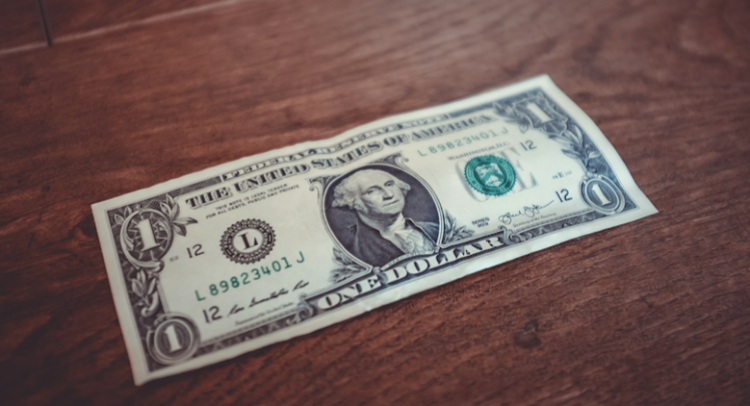HARRISBURG, Pa. – Department of Labor & Industry (L&I) acting Secretary Jennifer Berrier was joined by Rep. Patty Kim, Sen. Christine Tartaglione, and Elementary Coffee owner Andrea Grove to call for an increase to Pennsylvania’s outdated minimum wage to $12.00 an hour with a pathway to $15.00 by 2027.
This increase – the first since 2009 – is being pushed by some legislators as a way to benefit working families and local economies and boost the incomes of more than 1.1 million Pennsylvania workers.
“Over the past decade, prices for food, housing, education, childcare, and other critical needs have increased significantly while the minimum wage earned by Pennsylvanians has remained stagnant,” said Acting Secretary Berrier.
“While every state surrounding us has recognized this loss of purchasing power and increased their minimum wage, we have continued to fall further behind. Now, many Pennsylvanians are facing job loss and have no savings because they were working jobs that paid too little to allow them to set aside money for emergencies. We cannot let this crisis continue – we need to raise our minimum wage now and allow hardworking Pennsylvanians the dignity of providing for themselves.”
Governor Tom Wolf is proposing to raise the minimum wage to $15.00 by 2027, boosting incomes for nearly 1.1 million workers and put $4.4 billion into the pockets of Pennsylvania workers in the first year.
The Wolf Administration says raising the wage to $12.00 an hour is expected to inject an additional $116.4 million into Pennsylvania’s economy, and an increase to $15.00 could bolster Pennsylvania’s economy by $320.6 million in 2027.
Key findings from the Keystone Research Center show the workers who would benefit from a $15.00 minimum wage include:
- 76 percent age 20 or older (850,657 workers);
- 27 percent age 40 or older (299,715 workers);
- 13 percent age 55 or older (154,730 workers);
- 38 percent working fulltime (426,966 workers); and
- 62 percent women (691,122 workers).
“As the government continues to fail its working class by not raising the minimum wage, perhaps as a community, we can prove to them that raising the wage is as simple as placing value on human lives over products, politics, and class differences,” said Andrea Day, owner of Elementary Coffee in Harrisburg.
“Hopefully, all together, we can move forward into a future in which we respect each other’s work and we each can live off of an equitable wage.”
The commonwealth’s current minimum wage is $7.25, the lowest allowed by federal law. Pennsylvania trails behind its neighbors, with workers earning less for the same work than all surrounding states.
Congressman Fred Keller(R) is one of the lawmakers who is standing in opposition to the proposed increase.
“What is the goal to raising the minimum wage? If that is to give someone more buying powers, keep in mind that the price of goods and services is going to increase. and they’re likely going to end up at the same spot they are now,” Keller said, according to ABC 27.
Pennsylvania Chamber of Business and Industry President and CEO Gene Barr has also stepped forward in opposition to the proposal.
“Lawmakers should focus on developing thoughtful public policies that target assistance to low-income families and don’t risk (a) negative impact on jobs,” Barr stated in a recent release.
“A recent study by the nonpartisan Congressional Budget Office found that an increase to $15.00 an hour would lead to the loss of 1.4 million jobs nationwide.”
Barr also noted the proposed increase could be particularly difficult for restaurants just starting to recover from the difficulties during the COVID-19 pandemic.
“No one disputes that some individuals benefit from mandated wage increases; but the fact is, others end up being hurt – including some of the very people advocates claim they want to help.
“We are urging lawmakers to put political differences aside and focus on alternative proposals that help struggling families and Pennsylvania’s small businesses.”



